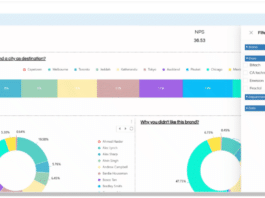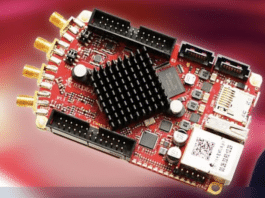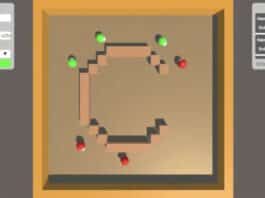
Expanding its verticals to retain the market leadership, Microsoft has open sourced its next-generation hyperscale cloud hardware design. The new offering by the Redmond giant is a part of the Open Compute Project (OCP) that was jointly launched Facebook, Google, Intel and Microsoft in 2014.
The design, called Project Olympus, is a new model for open source hardware with the OCP community. It applies an open source collaboration model that has already been embraced for software — completely distinct from the current process for open source hardware developments.
“We are taking a very different approach by contributing our next generation cloud hardware designs when they are approximately 50 percent complete – much earlier in the cycle than any previous OCP project,” writes Kushagra Vaid, general manager, Azure Hardware Infrastructure, in a blog post.
Microsoft is set to enable the community to contribute to its ecosystem by downloading, modifying and forking the unfinished hardware design. This would work similar to an open source software.
Experts believe that this will help in bringing advancements to the existing open source hardware development. “Project Olympus, the re-imagined collaboration model and the way they are bringing it to market is unprecedented in the history of OCP and open source datacentre hardware,” said Bill Carter, CTO of Open Compute Project Foundation.
The initial designs of Project Olympus include a new universal motherboard, high-availability power supply and battery. To fulfill global data centre needs, there is a 1U/2U server chassis, high-density storage expansion, universal rack power distribution unit (PDU) for global data centre interoperability and a standard compliant rack management card. These modular blocks will be available independently, subject to their requirements.
“We believe Project Olympus is the most modular and flexible cloud hardware design in the data centre industry. We intend for it to become the foundation for a broad ecosystem of compliant hardware products developed by the OCP community,” Vaid added.
Microsoft has released the motherboard and PDU specifications of the project on the OCP GitHub branch. Also, the entire rack system will soon be available as an open source hardware.
Facebook also in the race
Microsoft is not the lone player in the recently emerged world of open source hardware. Facebook is also actively developing its latest telecom and networking solutions for the community. These developments are predicted to get bigger over time and likely to help in promoting the open source world in in the coming future.



